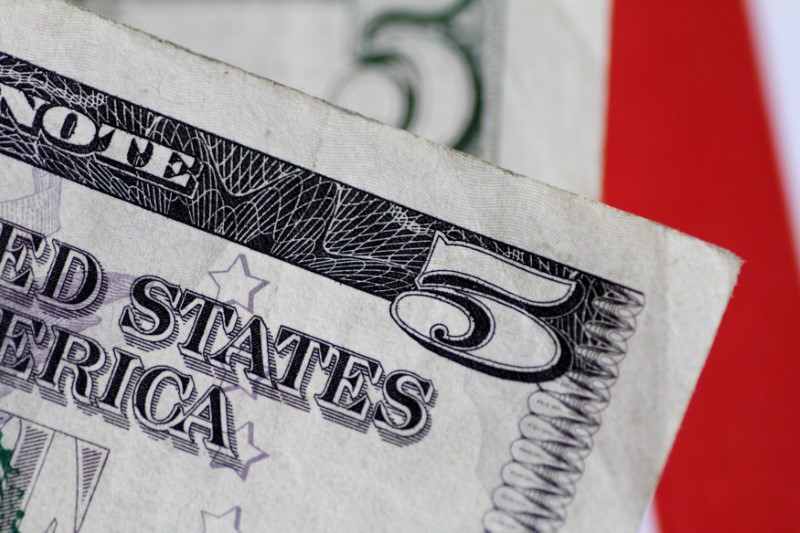ExchangeRates.org.uk - Trade talk dominated on Tuesday with the Euro and Pound gaining some immediate protection on relief that they were not included in Trump’s latest rhetoric.The Pound to Dollar (USD) exchange rate settled just above 1.2550.
According to Scotiabank (TSX:BNS); “The pound is testing short-term trend resistance (1.2583) at writing but likely needs to clear recent minor highs at 1.2615 to signal more gains towards 1.2710/15.”
The Pound to Euro (GBP/EUR) exchange rate little changed around 1.1970 and still below 1.2000, but Sterling did strengthen against the Canadian, Australian and New Zealand currencies.
Tariffs was the main talking point on Tuesday following the latest rhetoric from President-elect Trump.
According to Trump, he will impose tariffs of 25% on imports from Mexico and Canada on the first day of his administration unless there is clear action to prevent drugs and illegal immigration through the borders.
He also plans to impose 10% on tariffs from China.
There was some relief for the Euro and yen given the lack of immediate threat to impose tariffs on the Euro-Zone or Japan.
There was also no mention of the UK which helped protect the Pound.
Scotiabank noted; “The UK’s limited trade relationship with the US (relative to China, the Eurozone Mexico and Canada) suggest it will be a low priority for the Trump trade team which may allow for some GBP outperformance if tariffs are deployed more broadly in the coming months.”
There was still an important element of uncertainty which should support the dollar.
Scotiabank added; “It should be clear that tariffs will be the big stick that Trump 2.0 walks with and Europe and Japan should not rest too easy.
The USD may edge a little lower in broad terms in the short run but scope for deep or sustained losses look even more limited as tariff risks loom.”
As far as economic data is concerned, US consumer confidence strengthened to 111.7 from a revised 109.6 previously and in line with consensus forecasts, but there was a slide in new home sales to 610,000 for October from 738,000 the previous month and well below expectations of 725,000.
Domestically, the UK CBI retail sales survey deteriorated to -18 for November from -6 previously and compared with consensus forecasts of -14.
Retailers expect an even weaker figure for December which represents the strongest month of the year for retailers and confidence fell at the fastest rate for two years.
According to Ben Jones, Lead CBI Economist; “The last time retailers felt this gloomy was back in November 2022, at the peak of the inflation shock.
This makes the sharp decline in sentiment this month all the more telling.”
MUFG expressed doubts that the UK economy could isolate itself from ECB interest rate cuts; “If euro-zone growth is weak enough to justify that, one could argue that the UK curve should not be as aligned with the US as it is and the impact of such weak growth in the euro-zone would allow for the UK to ease more than is currently priced.”
This content was originally published on ExchangeRates.org.uk
